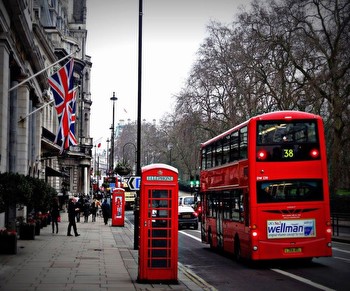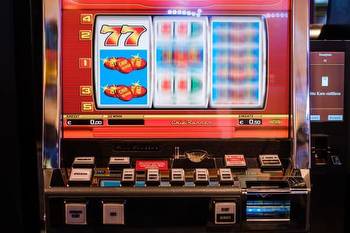What does UK gambling market research really means and how can it be used?
The gambling industry has been growing in the UK market in recent years. It's visible on social media and at most sporting events. Slotsia analysed the data and found that the industry's presence has increased.
The research collation is of great importance to the UK gambling market. It helps the regulatory body governing the market, the United Kingdom Gambling Commission, and operators to analyse certain patterns and put measures in place to prevent the rise of problem gambling. Just under a third of 12 to 24-year-olds gamble in one form or another.
Gambling is available to all irrespective of gender. Since 2015, the share of people who have participated in at least one form of gambling in Great Britain has seen a rise from 29.2% to 47.3%. The percentage of male participants has grown from 17.9% and 26.7% whereas the percentage for female participants is equal at 11.4% - 20.6%.
The Gross Gambling Yield (GGY) is the calculation that determines the value of a gambling operator. It takes into account its profits and losses. The industry is now worth £14.22 billion. High street betting shops, online counterparts and mobile-compatible sites accounted for £8.44 billion at the start of 2010.
The Gambling Act 2014 criminalised the remote provision of gambling facilities to British players from persons in another jurisdiction without the relevant licence. This increased the number of legitimate operators applying for and obtaining UKGC certification.
Spending hours looking over the UKGC data was interesting.
The most popular form of UK gambling is the national lottery. 27.3% of gamblers participate in the lottery, whereas sports betting only accounts for 5. 3% in 2020 figures.
Households with the least disposable income spend the most on gambling. Low-income earners dream about landing huge payouts and life-changing jackpots.
There was a sharp increase in the number of gambling accounts between 2016 and 2017. Mobile-compatible casinos and betting sites are enabling players to place bets whenever and wherever they choose.
As popular as gambling is, most people don't gamble as often as you might think. The majority of players stick to a routine, only playing once per week.
The UKGC is more demanding than its counterparts elsewhere around the world. UK operators provide one of the most secure environments in which to gamble.
The current model of the UK gambling industry is sustainable. However, changes in legislation and technology could change the industry in the future. It is exciting to think of new developments that could give players more reason to get involved.



































